Almost every food product is perishable. Therefore, it is essential to adopt the right storage conditions to save food products from going rancid, which could be wasted. The proper ways of handling food products vary from one another.
You need to be extra careful when it comes to storing dairy products as they are highly perishable. With proper handling, you can enhance their shelf-life and maintain quality. This article highlights some of the best ways to handle different dairy products. Let’s check them out.
-
Milk – Milk spoils quickly at room temperature. The best way to ensure that the milk lasts longer is by refrigerating it. Alternatively, you may freeze the milk to stock it up for an extended period. Frozen milk stored at 0°F lasts up to two months. When you need to use it, thaw it and it will turn back into the liquid form, but may not retain its original smooth texture.
It is crucial to store it properly in the refrigerator. Generally, people store the milk on the refrigerator’s door, which is not the right option as it is warmer than other areas of the fridge. Plus, frequent fluctuation in the temperature is a common thing in this part of the fridge.
Pour the milk in Ellementry’s ceramic milk pots and place it towards the refrigerator's back as it is the coolest part of this electronic appliance. Avoid keeping strong-smelling food products in the fridge as milk quickly absorbs such smell.
-
Cheese – Handling cheese is more complicated, as compared to other food products. This dairy product doesn’t require refrigeration necessarily. Keep it at a cool and dry space. However, the right way of handling depends on the cheese type. Hard cheese such as Parmesan can last for about 5 to 6 weeks in the fridge. It is advisable to store it in the vegetable crisper as this part of the refrigerator has a consistent temperature.
Cheeses with higher water content like mozzarella can be refrigerated for 3 to 4 months. Storing them in water ensures stability in their water content level. Plus, the cheese doesn’t dry out. However, change the water twice a week. Soft cheeses like feta and animal milk cheeses develop bad smell or mould if stored for a more extended period. They can be refrigerated for max 3-4 days.
-
Butter - Butter quickly picks up the smell from the food items that have a strong smell. It is advisable to keep butter in covered, vapour-proof containers like the Silver brass square butter dishes from Ellementry. Even if you refrigerate it, keep it wrapped in a covered dish or store it in the original wrapper.
Butter doesn’t spoil up to one or two weeks if stored in the refrigerator or at any temperature below 38°F. Butter melts away, loses its flavour and unpleasant smell at high temperatures. Avoid storing this dairy product on the fridge’s door for more than a day or two. If refrigerated, keep the butter at room temperature for 10 minutes for easy spreading.
If you keep the butter for months, you may need to store it in the freezer wrapped in vapour and moisture-proof container like ceramic butter dish strips with a lid. Alternatively, it can be stored in its original packaging material.
The idea is to keep it covered so that it can’t absorb odours of other food items stored in the fridge/freezer. If appropriately wrapped and stored at a temperature below 0°F, this dairy product will last for five to seven months.
Also Read- Why a Butter Dish Keeps the Butter Fresh
-
Eggs – Technically, eggs can’t be categorized under dairy products, but generally, they are considered as one of them. The most trusted way of storing eggs is refrigerating them after washing with plain water. However, some people tend to store them at room temperature. Avoid washing your eggs if you opt for the second option as it will remove the coating which protects the eggs from harmful bacteria.
If you buy your eggs from the supermarket/grocery store, you may need to refrigerate them as they are washed before putting up for sale. Eggs bought directly from a poultry farm need not be refrigerated and can be stored at room temperature.
If the eggs were refrigerated in the first place (like the ones bought from the supermarket), then it’s mandatory to keep them at the same temperature at home. The shelf-life of non-refrigerated eggs is 20 days max. They will be in good condition for about three to four weeks. However, it is recommended to store the eggs for the shortest possible time. If stored rightly, the dairy product may not perish, but there is a difference between freshly sourced and stored items.
-
Ice-cream - Ice cream doesn’t spoil if it is stored with its original packaging at/below 0 °F temperature. It can last up to a month or two. If you want to store it for a longer period, freeze and cover it in an air-tight container.
If it’s refrigerated in its original packaging, use plastic wrap to cover its open surface to prevent ice crystals' development as they take away the creamy, smooth texture of the product. It is best to consume ice cream within a week and avoid storing it for long.
The ice cream may lose its original taste and quality each time it’s removed from the refrigerator for consumption. Moreover, there is a high possibility of bacterial growth once a frozen dairy product thaws.
Final takeaway

Dairy products demand a lot of care and handling. Don’t keep any dairy products at room temperature for too long as it reduces their shelf-life. They should be protected from heat. So, be extra careful about the handling of dairy products, especially during hot weathers.
Refrigerate them as soon as possible so that they don’t get spoiled due to high temperature. Freezing the dairy products insulates them better. Items like milk shouldn’t be left at room temperature for an hour. You should be familiar with different kinds of dairy products so that you can easily handle them as needed.
Also Read- How to Use a Curd Setter?
Food Safety is one of the most important brand pillars at Ellementry. We believe that Food Safety is all about safe practices, including your ingredients and cooking techniques, cleanliness, and using the right utensils! We make sure our products are ethically crafted with good manufacturing practices. We pay special attention to the quality of materials used to make the product and its finishes. Great products set the stage for your food and don’t force themselves into the act. They only make the food better.
We at Ellementry, are all about making great products that ensure Food Safety.


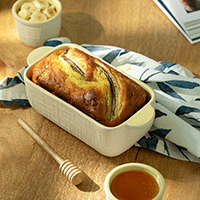
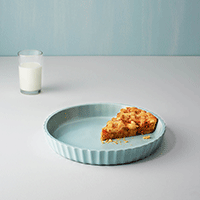


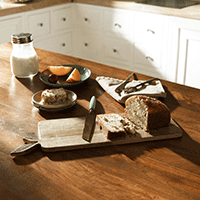
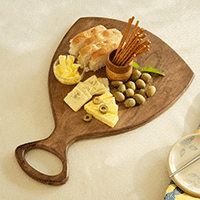
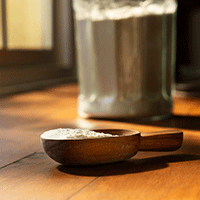
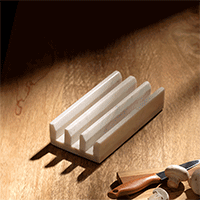


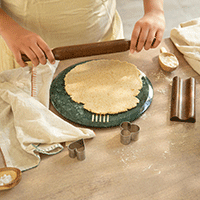

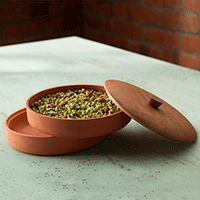




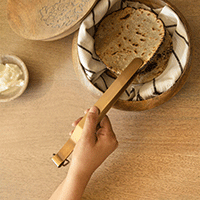
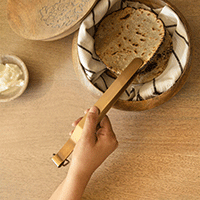
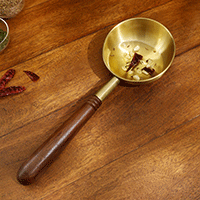


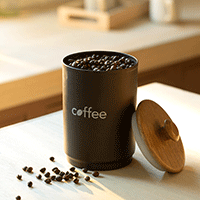




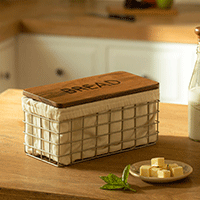
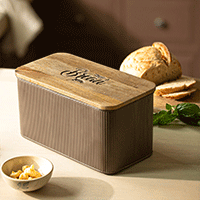
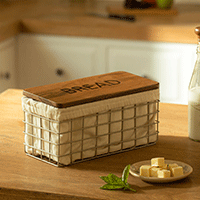









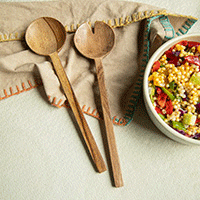







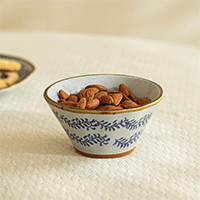
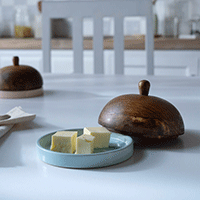
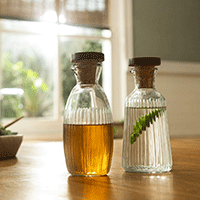

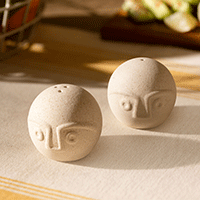

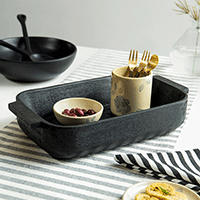
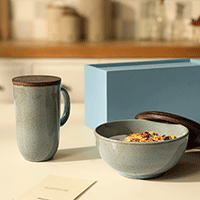



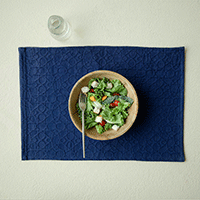






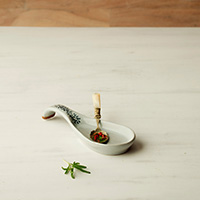



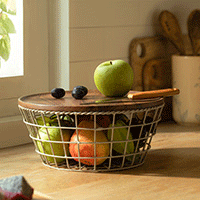













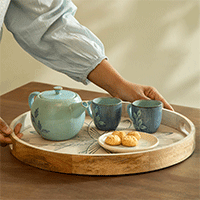
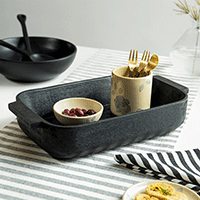


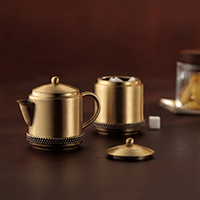
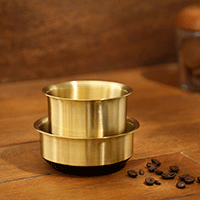














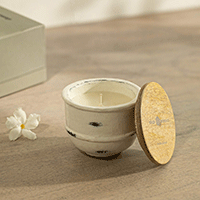



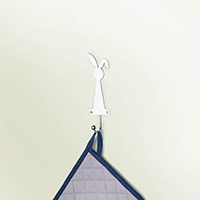





















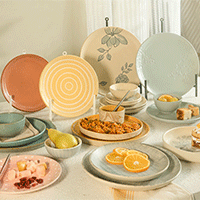








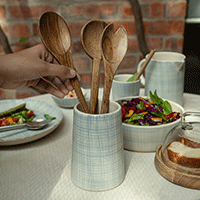





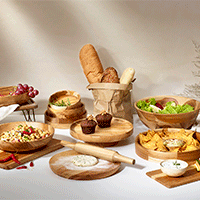
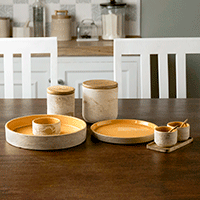

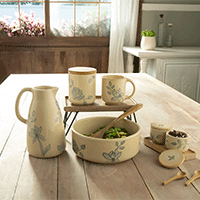


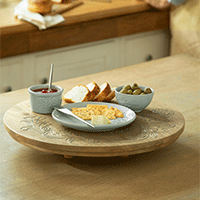
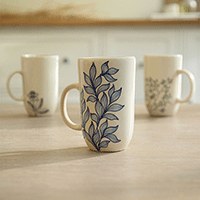
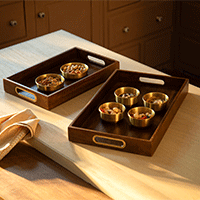


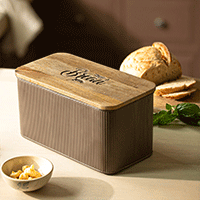
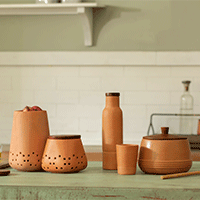




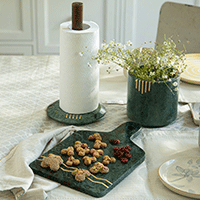



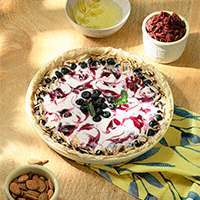

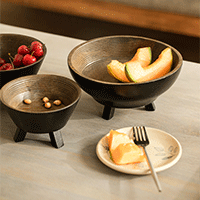


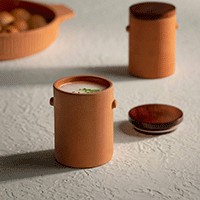










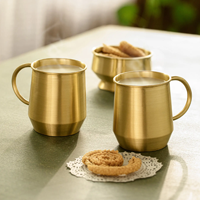

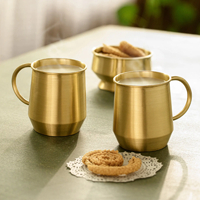

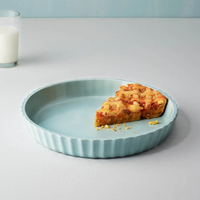
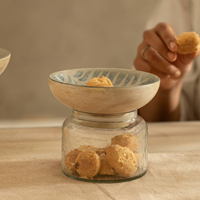


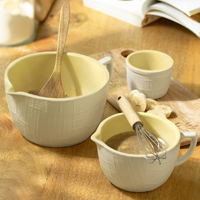
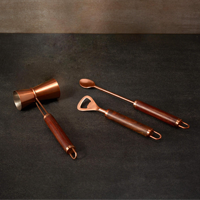
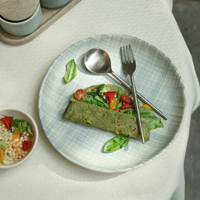


















 easy returns
easy returns safe & secure
safe & secure hand crafted
hand crafted
